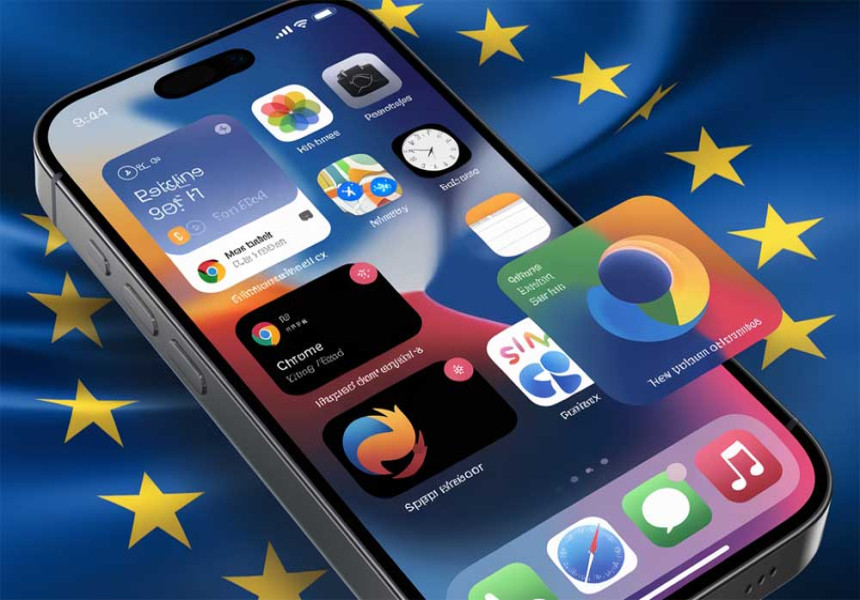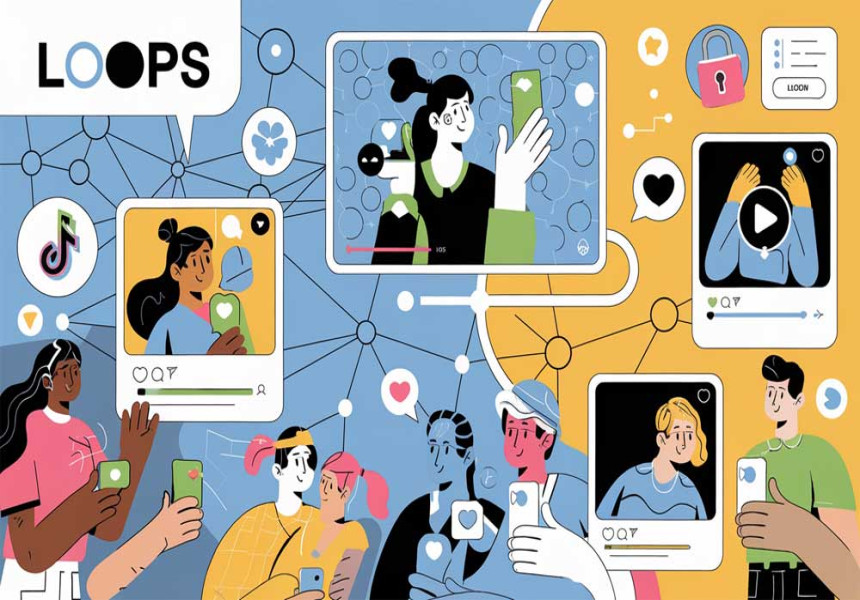Apple Opens Door for Third-Party Browsers in iOS 18.2 Beta 1: Custom Engines Now Allowed for Home Screen Web Apps
Apple has introduced a significant update in its iOS 18.2 Beta 1, allowing third-party web browsers to add web apps to an iPhone's Home Screen using their own custom engines. This feature, which was previously exclusive to Safari, marks a substantial shift in Apple's approach to app integration and user experience, particularly in the European Union.
A New Era for Third-Party Browsers
Last year, Apple began permitting third-party browsers to create web apps that could be added to the Home Screen, but these apps were limited by the requirement to use WebKit, Apple's own rendering engine. With the latest beta release, developers can now employ their custom engines, providing greater flexibility and functionality for web applications. This change is particularly significant for developers looking to enhance their apps' performance and user experience on iOS devices.
Implications for Developers and Users
The ability to use custom engines means that third-party browsers can optimize their web apps for speed and efficiency, potentially leading to a more seamless experience for users. For instance, browsers like Chrome or Firefox can now leverage their existing technologies to deliver a more consistent performance across platforms. This move is expected to encourage more developers to create high-quality web applications specifically designed for iOS, enriching the ecosystem of available apps.
Focus on the European Market
This change comes as part of Apple's ongoing efforts to comply with regulatory pressures in the EU, where authorities have been scrutinizing the company's practices regarding competition and market access. By allowing third-party browsers more freedom in how they develop and implement web apps, Apple is addressing some of these concerns while also enhancing its appeal among developers and users who prefer alternatives to Safari.
Features of iOS 18.2 Beta 1
In addition to the new capabilities for third-party browsers, iOS 18.2 Beta 1 introduces several other features aimed at improving user experience:
- Genmoji: A new feature that allows users to create custom emojis.
- Image Playground: An innovative tool for image creation and manipulation.
- ChatGPT Integration: Siri now integrates with ChatGPT for more advanced conversational capabilities.
- Visual Intelligence Enhancements: Improved image recognition features that leverage AI technology.
These updates reflect Apple's commitment to enhancing its software offerings while keeping pace with user expectations and technological advancements.
The introduction of custom engine support for third-party web apps in iOS 18.2 Beta 1 represents a significant step forward in Apple's strategy to foster a more open ecosystem on its devices. As developers explore these new capabilities, users can look forward to a richer array of applications tailored to their needs. This move not only aligns with regulatory demands but also positions Apple favorably in the competitive landscape of mobile operating systems, particularly in the European market where user choice is increasingly prioritized.









